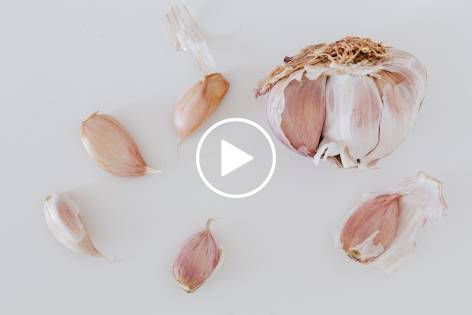
LMU 150 – Empowering Women: Foods and Spices That Fight Breast Cancer
Source: Journal “Nutrients” (July 2017)
Lifestyle Medicine Update (Dec 14, 2019)
Introduction:
Breast cancer, a formidable adversary in the world of health, stands as the most commonly diagnosed cancer among women worldwide. It also holds a grim distinction as the leading cause of cancer-related deaths in the female population. While genetic risk factors like the BRCA1 or BRCA2 gene mutations contribute to a fraction of breast cancer cases, a vast web of other factors comes into play. These factors, including hormonal, lifestyle, and reproductive elements, intertwine to shape an individual’s risk profile for this devastating disease.
Exploring the Culprits: Lifestyle and Hormonal Factors
Breast cancer risk dances on the strings of hormonal rhythms, often striking those who experience early menarche or delay motherhood beyond age 30. The risk also looms larger for those who do not embark on the journey of breastfeeding, and it casts its shadow over women who have embraced birth control pills or hormone replacement therapy. Obesity, diabetes, alcohol consumption (even in moderation), and even the demands of nightshift work also play their roles in this intricate narrative. Nightshift work, which disrupts the body’s circadian rhythm and melatonin secretion patterns, emerges as an unsuspecting accomplice in this tale of risk factors.
Diet’s Impact: A Ray of Hope
Amidst this complex landscape of risk factors, emerges a glimmer of hope – the power of diet. A comprehensive meta-analysis, examining the nexus between dietary patterns and cancer risk, highlights that breast cancer is particularly susceptible to dietary influences. Astonishingly, research posits that a staggering 50% of breast cancer cases may be avoidable through prudent dietary practices.
Foods as Shields: The Anti-Breast Cancer Arsenal
In July 2017, the journal “Nutrients” featured a study that delved into the realm of foods and their medicinal components, unveiling an arsenal against breast cancer. The evidence presented strongly supports the regular consumption of several foods:
- Soybeans and Soy Foods: Known for their rich phytoestrogen content, these foods exhibit protective qualities.
- Citrus Fruits and More: Citrus fruits, along with Pomegranates, Apples, Grapes, and select Berries (bilberries and strawberries), emerge as breast cancer foes.
- Cruciferous Vegetables: Broccoli, Brussels sprouts, Cabbage, Cauliflower, Bok Choy, and Turnips are champions in this battle.
- Medicinal Mushrooms: Oyster Mushrooms and Reishi Mushrooms join the ranks.
- High Fiber Cereals: Certain high-fiber cereals, particularly those rich in wheat fiber, offer protection.
Spices as Warriors: Harnessing the Flavors
Spices, not just culinary delights but also potent warriors, reveal their prowess in the anti-breast cancer arsenal. Among these spicy champions are Ginger, Garlic, Black Cumin, Red Chili Peppers, Black Pepper, and Saffron. These ingredients wield impressive anti-breast cancer properties, and their mechanisms of action are as diverse as their flavors.
Conclusion: A Feast for Health and Hope
As the research concludes, these natural agents employ a range of mechanisms to combat breast cancer. They thwart tumor cell proliferation, migration, metastasis, and angiogenesis. They induce programmed cell death (apoptosis) and cell cycle arrest in breast cancer cells, making them more susceptible to radiotherapy and chemotherapy. These foods and spices aren’t just culinary delights; they are shields in the battle against breast cancer.
For those intrigued by the subject, delving into the full research paper provides a deeper understanding of the intricate mechanisms through which these foods and spices exert their anti-breast cancer effects. In the realm of women’s health, knowledge is power, and understanding these dietary allies can be a pivotal step towards a healthier, cancer-resistant future.
References:
Li Y, Li S, Meng X, Gan RY, Zhang JJ, Li HB. Dietary natural products for the prevention and treatment of breast cancer. *Nutrients (review).* 2017;9(7):728. [Read the full study here](https://www.ncbi.nlm.nih.gov/pmc/articles/PMC5537842/).
Eat Smart, Live Well, Look Great,
Dr. Meschino

Dr. James Meschino
ABOUT THE AUTHOR
Dr. James Meschino, DC, MS, ROHP, is an educator, author, and researcher having lectured to thousands of healthcare professionals across North America. He holds a Master’s Degree in Science with specialties in human nutrition and biology and is recognized as an expert in the field of nutrition, anti-aging, fitness, and wellness as well as the author of numerous books.


